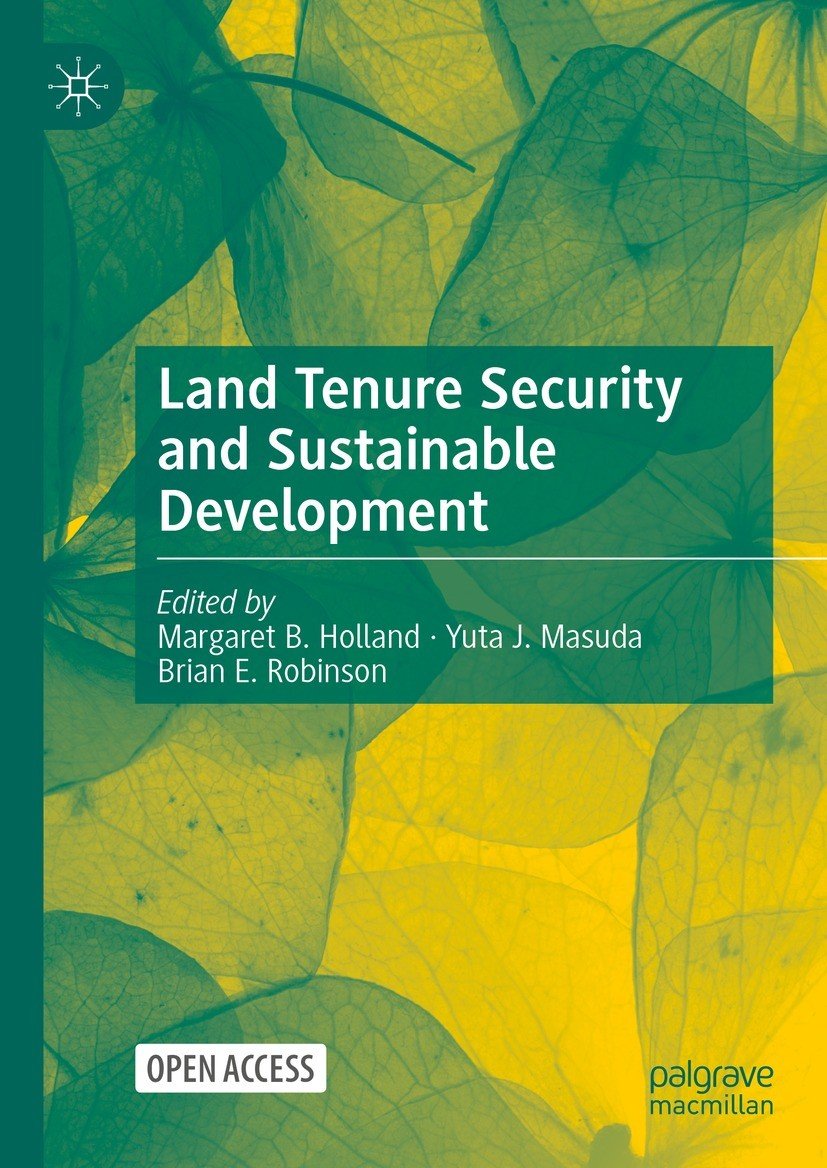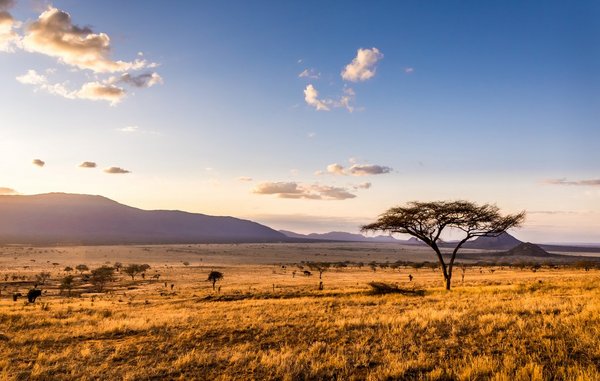
Topics and Regions
Landpages.co.ke is a medium of passing this message.
Details
Public Email
Location
Contributions
Displaying 531 - 540 of 740Assurer la Participation des Femmes dans la Foresterie Communautaire
The Nairobi Declaration, presented by the Africa Indigenous Peoples and Local Communities to the Africa Protected Areas Congress (APAC) 2022
Land Tenure Security and Sustainable Development
Land tenure security has come to the forefront of the sustainable development agenda in recent years. In part this is due to its foundational and fundamental nature. Ways to manage and allocate rights over resources, and our relationships to it, are some of the first ‘commons’ issues fledgling societies face. The ripple effects of land tenure security are now widely recognized as having implications for not just the way natural resources are managed, but also for household income and investment, well-being, and health. (excerpt from Forward).
Planning For Inclusive Greater Banjul
The Gambia has one of the fastest urbanization rates in sub-Saharan Africa, with more than two-thirds of the country’s population currently living in the Greater Banjul Area (GBA).
To address the environmental and socioeconomic challenges that arise from this situation, UNOPS is supporting The Gambia’s government to develop a strategic urban plan, through the Greater Banjul 2040 project. The initiative, will drive urban development and improve services while promoting climate resilience, economic growth and social inclusion.
Restoring Africa’s drylands
Participants from 186 countries joined a Global Landscapes Forum virtual event on restoring Africa’s drylands early in June. A wide range of topics were discussed in 47 sessions during the two-day meeting.
Tanzania: Halt brutal security operation in Loliondo - Amnesty International
Tanzanian authorities must immediately halt the violent forced eviction of the Indigenous Maasai community in Loliondo, and launch an urgent investigation into the security crackdown which has left dozens of people injured, many missing and a police officer killed, Amnesty International said today.
Government of Tanzania. 2011. The Constitutional Review Act.
Government of Tanzania. 2011. The Constitutional Review Act.
Participatory Plantation Forestry Programme
General
The Programme aims to increase rural income in its target area, which consists of seven districts in the southern highlands. It will reduce poverty and inequality through developing sustainable plantation forestry and adding value to the entire forest product value chain, from quality seeds planted on the land to quality products sold in markets. To meet this aim, the Programme will support participatory and sustainable land use planning; facilitate organizing tree growers into Tree Growers’ Associations (TGAs); develop the capacity of tree growers; support plantation establishment and strengthen plantation management; strengthen extension and business services; and improve the production of industries, especially small and medium enterprises (SMEs) within the value chain. The Programme’s innovative approaches will be evaluated and its best practices disseminated widely within the sector. The main Programme activities are supporting smallholder forest plantations and assisting local wood industry enterprises in business development. The support is given as an extension as training services, as well as business incubation assistance. The Programme will also facilitate the broad development of forestry sector by facilitating dialogue among key stakeholders and by processing proposals for policy, legislative and business development.
The power of Informal Settlements. The Case of Dar Es Salaam, Tanzania
This paper discusses the importance of maps in urban planning and the consequences for cities planned within a'non existent maps context', when the power of decision belongs to the dwellers.
Habitat III National Report Tanzania
Tanzania implemented extensive policy, legislative and structural reforms taken
and taken several other measures to fulfil her commitments to the Habitat II
Agenda. Yet achieving the objectives of "shelter for all" and "sustainable human
settlements in an urbanizing world" has remained elusive, due to financial and
human resource limitations of the urban authorities and rapid urbanization. Lack
of access to affordable housing, finance, land and services has resulted in most of



